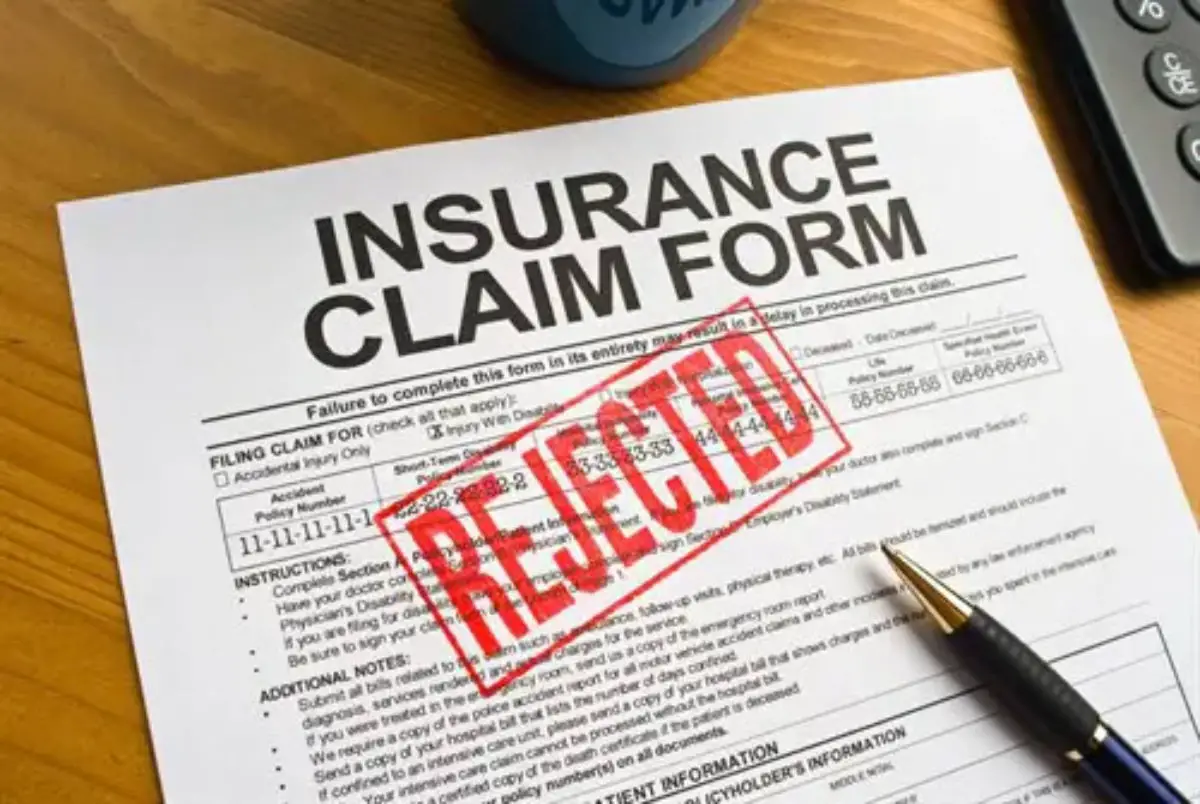If you recently suffered damage to your home’s roof, filing an insurance claim can be stressful and confusing. Unfortunately, it is all too common for insurance companies to deny claims, leaving homeowners feeling overwhelmed and helpless. However, there are some steps you can take if your insurance company denies your roof claim.
What to Do If Insurance Denied Roof Claim?
If insurance denies the roof claim, you can hire a public adjuster or get another second opinion. Finally, you can file an appeal and contact the State Department of Insurance or another consumer protection agency.

If your insurance company has denied your roof claim, you may feel frustrated and unsure what to do next. Here are some steps you can take:
- Review your insurance policy: Read your policy carefully to ensure that the damage to your roof is covered. Look for any exclusions or limitations that may apply.
- Get a second opinion: If you disagree with the insurance company’s assessment of the damage, get a second opinion from a reputable roofing contractor. They can provide you with a detailed report of the damage and the estimated cost of repairs.
- File an appeal: If you believe that the denial of your claim was unjustified, file an appeal with your insurance company. Please provide them with any additional information or documentation that supports your claim.
- Hire a public adjuster: Consider hiring a public adjuster who can represent your interests in the claim process. They can negotiate with your insurance company on your behalf and ensure that you receive a fair settlement.
- Seek legal advice: If you have exhausted all other options and are still unsatisfied with the outcome, consider seeking legal advice. A lawyer specializing in insurance claims can review your case and advise you on the best action.
- Finally, take preventive measures to protect your roof from further damage. This may include repairing any existing damage, clearing debris from your roof, or trimming trees that may pose a risk to your roof.
Remember, dealing with insurance claims can be a lengthy and complicated process. Be patient and persistent, and seek help from professionals if needed.
First, contact the insurance adjuster who denied your claim. Sometimes, the denial can be due to misunderstandings or missing information in the paperwork. Ask them what additional documentation is required and double-check that all requested materials have been submitted correctly and promptly. It may also help to get an independent second opinion from a certified roofing contractor.
Second, contact your state Department of Insurance or other consumer protection agency if you feel your claim was wrongfully denied or unfairly delayed by the insurer. The department will investigate the matter further and assist in getting the problem resolved quickly and fairly. Additionally, many states have laws to protect homeowners from unfair practices in property insurance coverage decisions. In some cases, this may mean that the insurer must cover certain damages even if they are not explicitly stated in the policy language.
Third, consider filing a lawsuit against the insurer if none of the above methods yields positive results, and you believe your insurance company has acted up in denying your roof claim. Remember that suing an insurance company is no small matter; therefore, you should consult with an experienced attorney before taking any action towards this route. Additionally, depending on where you live, there may be statutes of limitation regarding how long after being denied coverage you may file suit against an insurer. Hence, it’s essential to act swiftly when considering this option and be aware of all applicable laws before making any final decisions about taking legal action against an insurer for denying a roof claim on your home’s policy coverage.
Lastly, filing another claim with a different insurer could also be possible depending on the given circumstances surrounding why the initial one was denied or delayed by another provider—as long as it’s within regulations set forth by both state and federal laws concerning any overlapping coverage periods existing between two policies taken out on behalf of one residence or piece of the property respectively speaking—but again it’s best to consult with professional legal counsel before deciding upon whether this course of action would be most beneficial for recovering whatever damages were sustained as a result of requiring repairs to one’s home following being inflicted with some form of a hurricane, tornado storm-related destruction, etc.
